In a recent episode of the Project Esports podcast, one of the hosts proclaimed that he recently played Fortnite. The sentiment was met with ironic, disappointed groans from his co-hosts. That attitude is hardly unusual. Esports Business Podcast host Abu Zahar summed up the collective condescension of what many still perceive as a kid’s game: “I play a lot of Fortnite, I’m ashamed to admit,” he said in a recent episode.
The perception of Fortnite the esport is dampened by the baggage that comes with it: viral dances, pop-culture influence, general mainstream popularity—and this may cause Fortnite’s esports potential to be overlooked.
But watch any Fortnite tournament and you’ll see the usual suspects in the top 10: Turner “Tfue” Tenney, Dennis “Cloakzy” Lepore, Timothy “Bizzle” Miller, Thomas “72hrs” Mulligan, Dylan “Dmo” Moore, Nate Hill, Noah “Vivid” Wright. We just saw Kyle “Bugha” Giersdorf become the Fortnite solo world champion, comfortably, after finishing first in week one of World Cup qualifying. You wouldn’t see such regularity in regards to placement in high-stakes competitions in any other battle royale game.
Fortnite can become a mainstay in esports for many years to come. And when the popularity of the game inevitably declines, its esports scene could be a prized asset for Epic Games.
Why isn’t there more respect for Fortnite?
The esports community may have received Fortnite very differently if it hadn’t turned Super Saiyan and planted its flag firmly in popular culture. What if the graphics were less cartoony, or the emotes weren’t so silly? What if it was just a competitive game that was being analyzed without all the accessories? Would people respect it more? It’s hard to deny that the sparky, super-human creative genius that makes esports players so fascinating is on full display during pro Fortnite events—sometimes more so than any other esport.
In a recent broadcast, streamer MacieJay brought up an excellent point about what makes certain esports more valid and how some games fail to create a wide enough skill gap to ever truly succeed. In Rainbow Six: Siege, players must put in hundreds of hours of practice to finely tune aspects of their gameplay. He used the example of gun recoil in Siege compared to gunfire in a game like Black Ops 4. The degree of difficulty in Siege’s gunplay is one of the things that creates a skill gap between players. Macie’s point was that there are some games you can spend weeks practicing and you’ll see little improvement relative to your competition. The ceiling isn’t that high because the gameplay is simply easier, so players have less room to separate themselves from their competition.
In this case, he used the example of Blackout, the battle royale game mode in Black Ops 4. It’s incredibly fun, but the skill gap between players with regards to gun control isn’t that drastic, and when the required skill level is lower, there’s less variation in ability between players. There are more players hovering around the center and fewer who are noticeably superior. That’s not to say Call of Duty isn’t a valid esport—on the contrary, CoD esports is very much valid and back on track. But in Blackout, gunplay is only one factor in a multivariate equation. All things considered, it’s harder to separate yourself from your competition in Blackout.
In Blackout, too much of the gameplay is left to chance. You could spend months perfecting aspects of your game, but when you drop into a solo match, there’s only so much you can control. Early-game—and indeed late-game—often comes down to RNG: whether you found the best gun with the best attachments, if you found a concussion grenade, whether the circle rotation was kind to you. You often have to scale a steep hill with no cover, dodging two or three people waiting at its summit gate-keeping the zone. Zone management is, of course, an important skill that separates OK players and outstanding players, but Blackout doesn’t do a great job of nullifying the impact of randomness. There’s little that practice can do in those scenarios.
Therein lies the problem with battle royale esports: RNG. It becomes difficult to accurately judge who the best player is because less is decided by superior gameplay and more is decided by fluke. This also makes it less entertaining to watch; if anybody can win, what’s the point in competition? We’re not discovering who the most dominant player or team is, so what’s the motivation for competing? Players are trying to prove themselves as the best. This needs a reliable measure and one that mitigates the impact of luck.
Witnessing Tyloo or Gambit beat Team Liquid to a major in CS:GO might seem fun, but lowering the bar for victory would only serve to devalue these upsets. It’s why an NBA playoff series is best-of-seven. It’s why the English Premier League is a 38-game season—we want to know who’s the undisputed No. 1 team. The extended format widens the skill gap in the same way many esports manage in various ways. The probability of a fluke is considerably lower.
This is a problem that battle royale games usually struggle to overcome due to the nature of the genre. So what’s different about Fortnite?
Fortnite’s genius
Fortnite is able to reduce the effects of RNG in a few different ways. Reliable chest spawn points ensure that at least some of the uncontrollable bugbears of battle royale (acquiring loot, like weapons and healing) can be controlled to some degree because you’re able to plan your drop based on previous knowledge of where chests spawn. If someone lands on a chest before you, there are enough of them nearby to go somewhere else. Compare that to a game like PUBG or Blackout in Black Ops 4 with looting systems that are essentially chance if you don’t hot-drop, and if you do, there’s a strong chance someone will take your gun (if you find one fast enough at all). Evidently, this isn’t a recipe for competitive esports—there’s too much chance involved.
The addition of chests is one way Fortnite circumnavigates the RNG problem. But the truly ingenious part that separates Fortnite from its battle royale counterparts is the building—the ability to farm materials anywhere that can be used to build your own cover. So even if you get an unfriendly circle rotation that would otherwise make your death certain, you’re able to build cover and level the playing field—a brilliant asset that separates Fortnite from every other battle royale game. Epic has also made circle rotations as egalitarian as possible by adding countless mobility items to the game: hoverboards, quad bikes, rifts, hamster balls, shockwave and impulse grenades, even planes for a short while, and the list goes on.
Let’s return to MacieJay’s point about improvement. You can spend months honing your skills in Blackout, yet you won’t rise that much higher than your competition. Fortnite, on the other hand, is the complete opposite. The game provides the tools. The only constraint on your improvement is your own imagination, meticulousness, and travail. There are infinite building techniques and possibilities, items that allow for swift circle rotation, and countless creative ways of approaching conflict. If you practice enough—and smartly enough—you’ll see clear improvements.
There are more people who could drop into a Blackout lobby and kill Tyler “TeePee” Polchow than there are players who could join a Fortnite lobby and eliminate Anthony “ZexRow” Colandro. It’s easier to be good at Blackout and TeePee may not be that much better than you. The disparity in skill between a professional player and a mediocre player in Fortnite is closer to CS:GO or League of Legends than PUBG or Blackout. When it’s down to them—not down to chance—the best players win.
This is what gives Fortnite its esports potential: an infinitely high ceiling that allows players to keep improving in a game that controls for negative chance. Fortnite maintains a considerable skill gap, and equality of opportunity, despite subscribing to a format that should stack the odds against players from the outset. The esport potential is there.
Barriers to Fortnite’s success
But despite all of Fortnite’s promise, there are several examples of Epic jeopardizing Fortnite tournaments and its esports scene in general. The addition of game-breaking items just days before major tournaments, like the Infinity Blade just before the Winter Royale (which offered $1 million in prize money), suggests that professional Fortnite competitions aren’t the highest on Epic’s list of priorities. With Epic’s apparent disregard for its competitive tournaments, its prize money pledge of $100 million for 2019 feels more like a platform to showcase the game’s biggest streamers rather than a long-term investment into Fortnite esports.
Fortnite’s foray into esports has been far from perfect, but Epic has been tasked with finding ways to optimize battle royale competition on such a large scale, trialing various tournament formats, overcoming server issues, and tweaking rules to enhance the playing and viewing experience. These things take time. Despite a few glaring mishaps on Epic’s part over the course of the past two years, Fortnite could be a thriving esport for years to come, even if public interest fades. Maybe then the competitive scene will be taken more seriously by esports folk and Epic will invest the necessary time and care so that it can thrive.




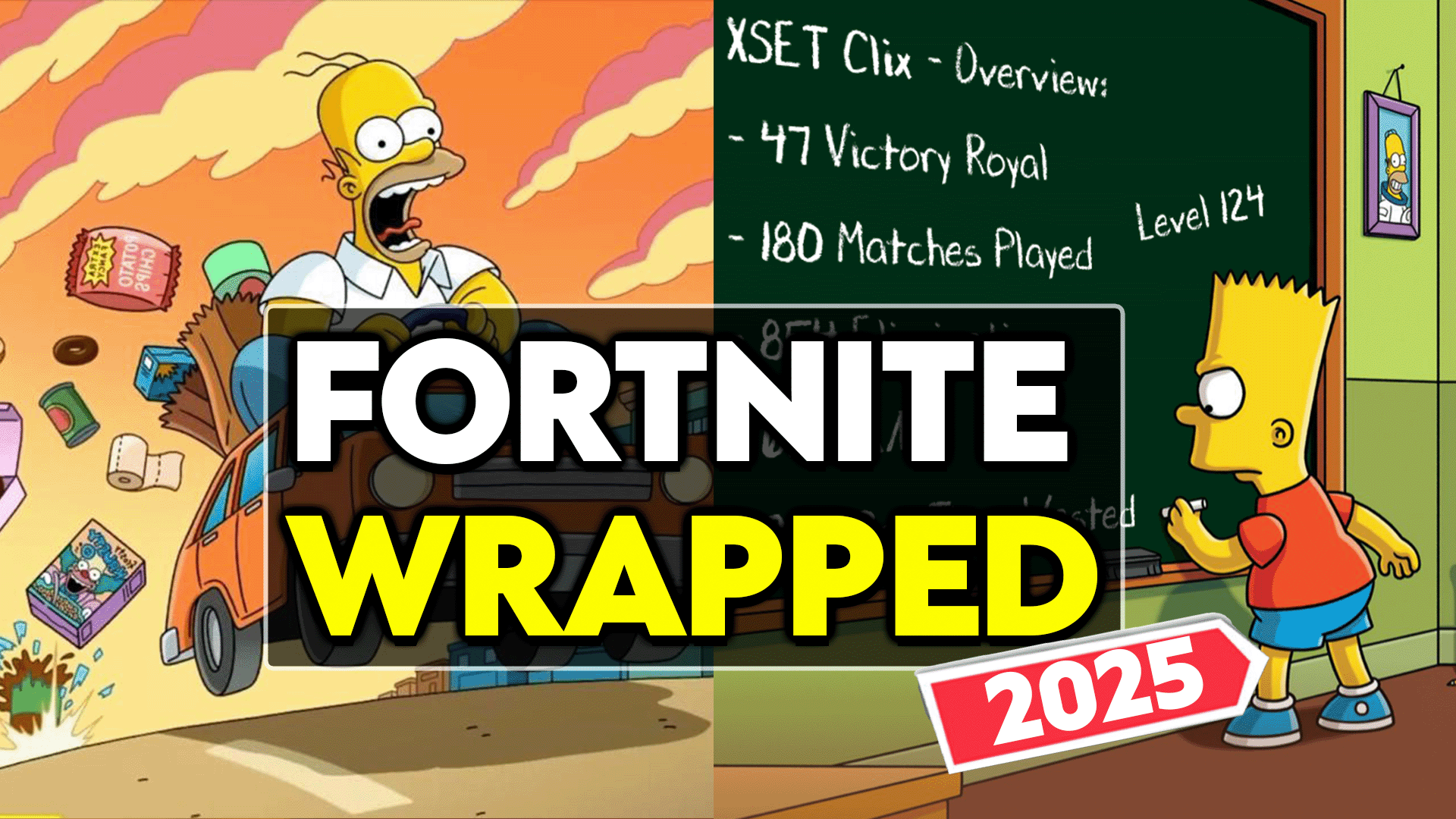
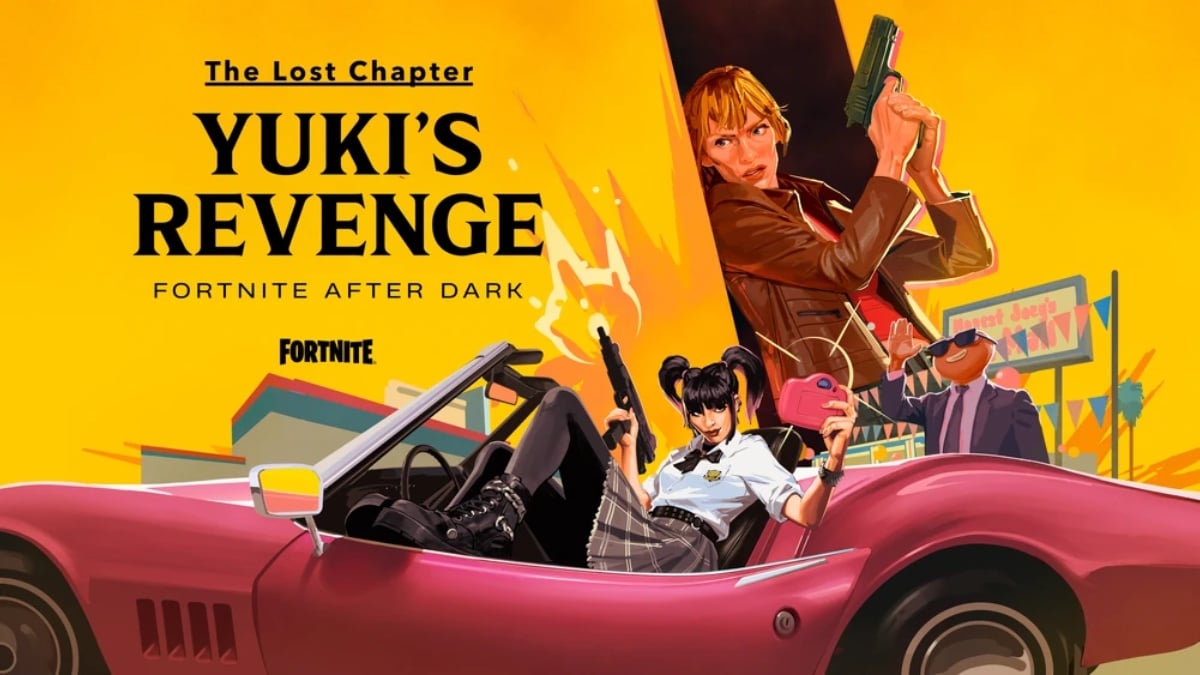
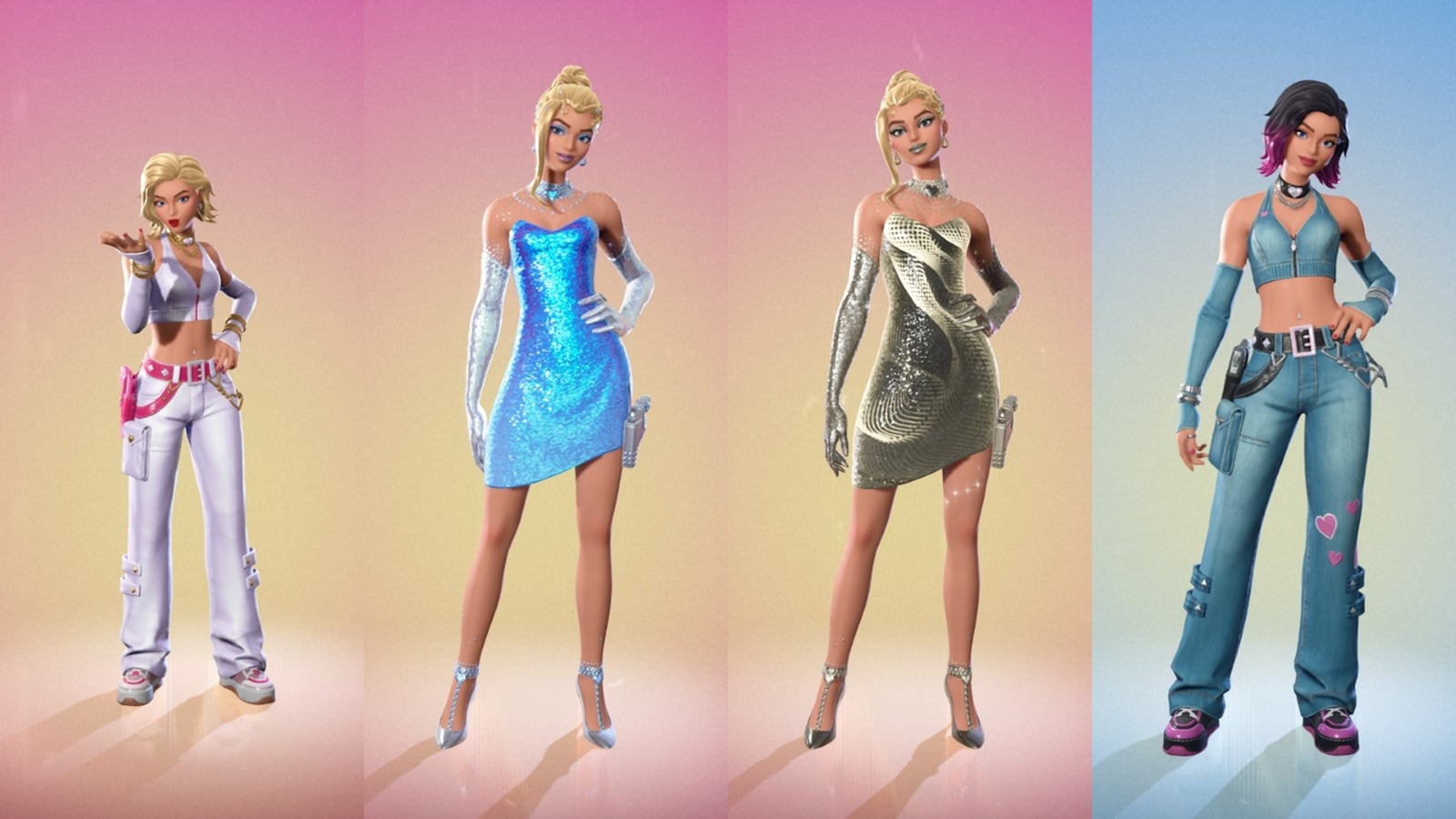


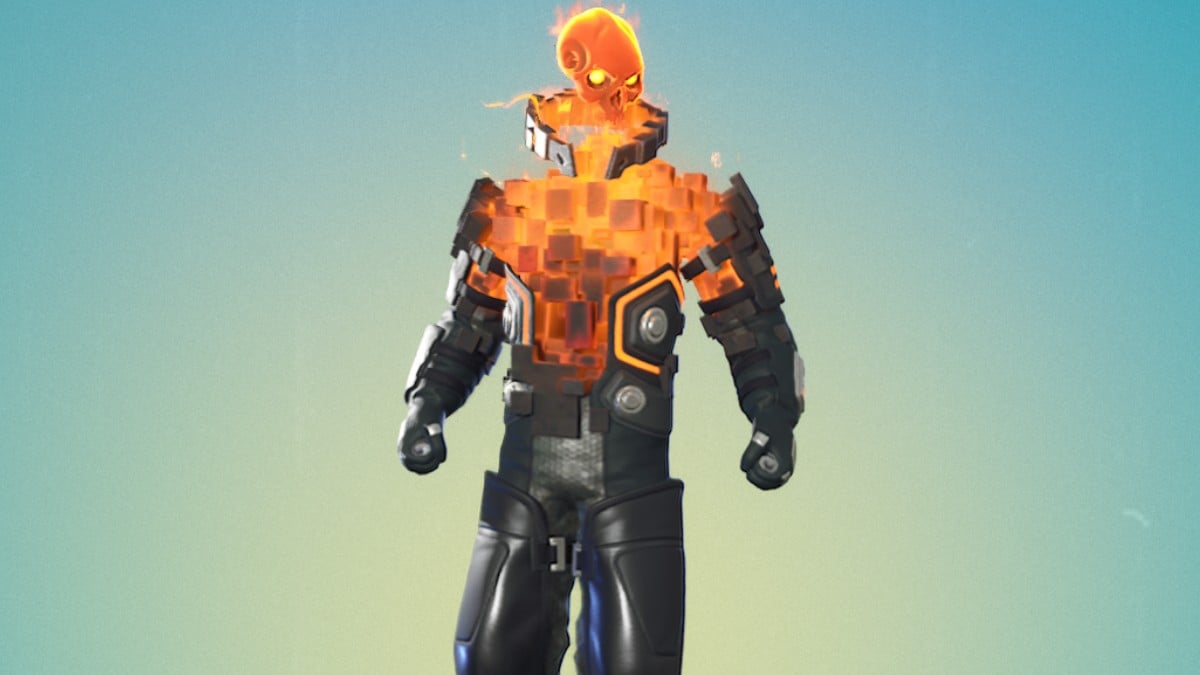
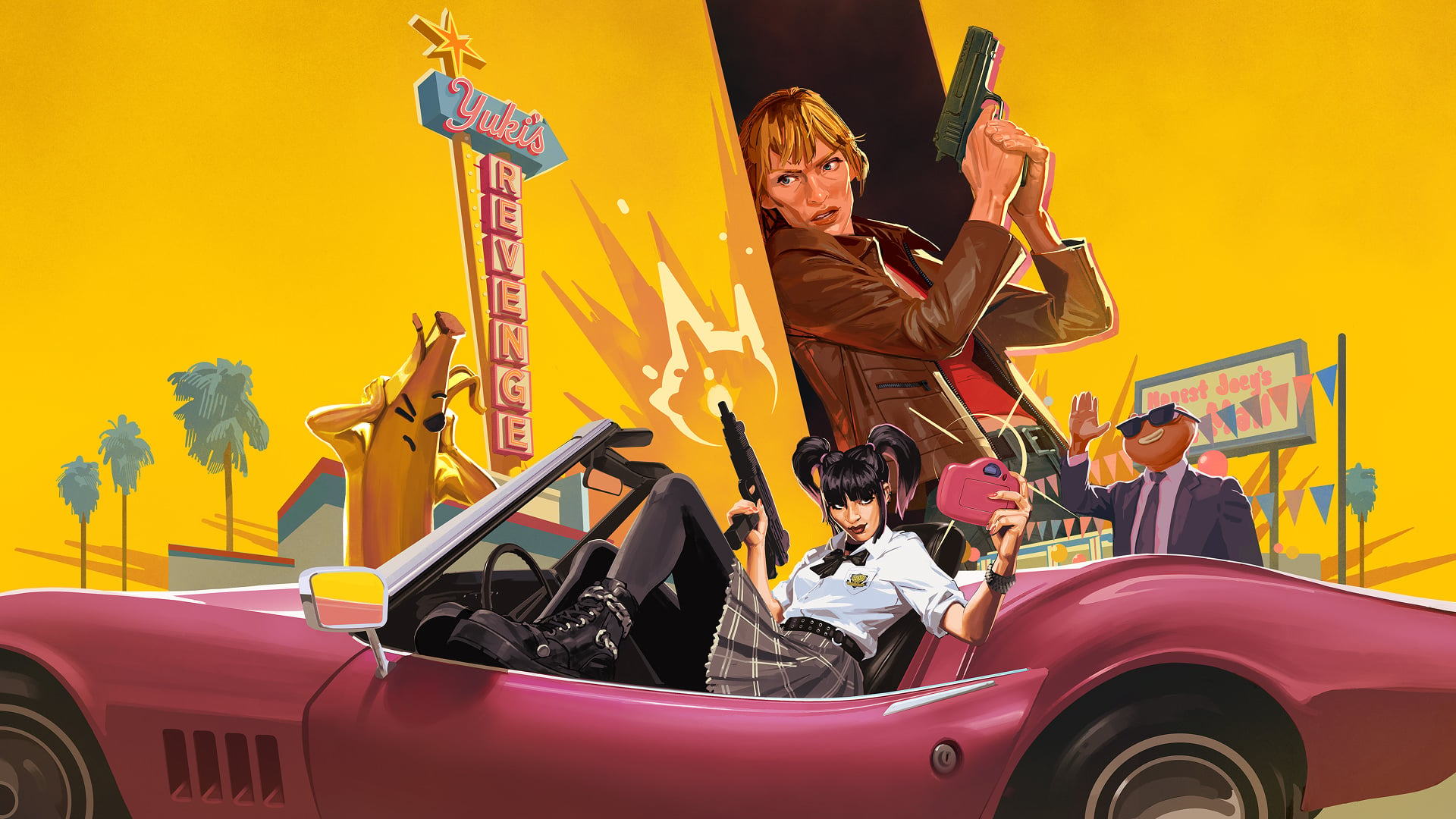
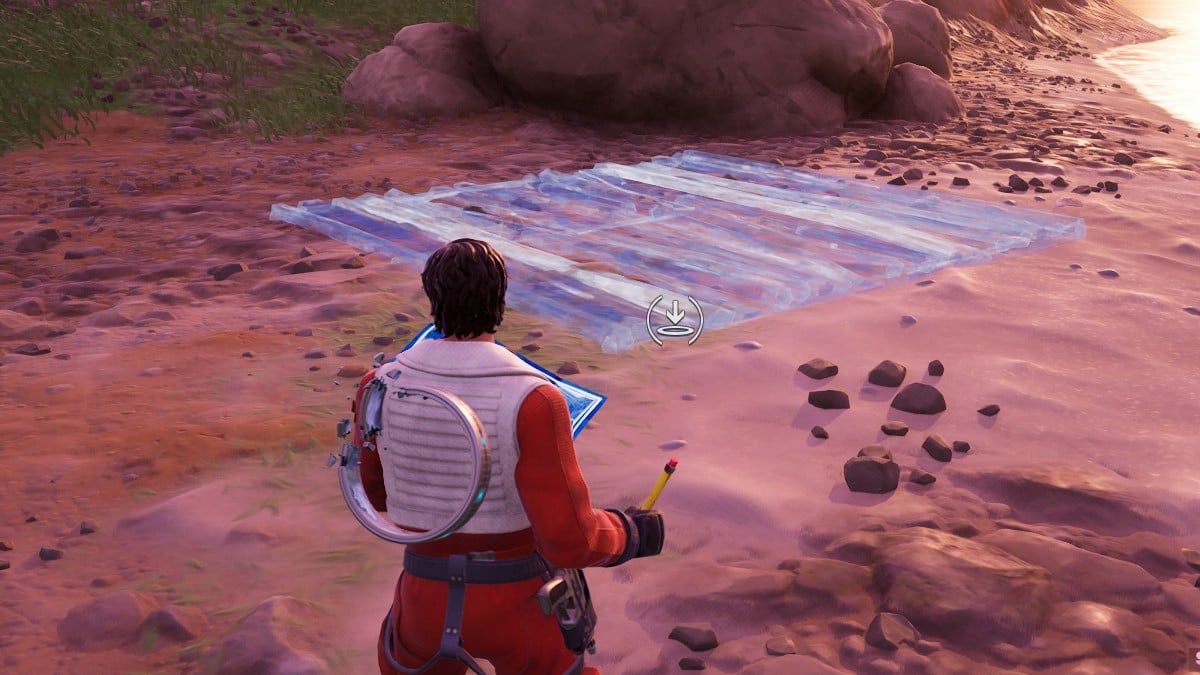
Published: Aug 11, 2019 01:27 pm